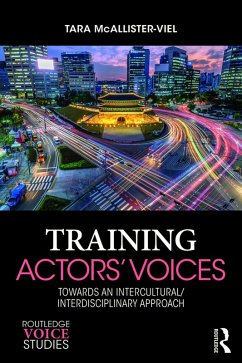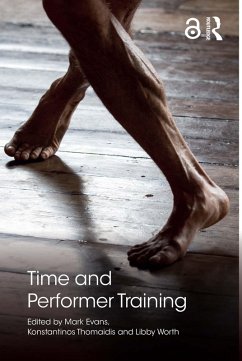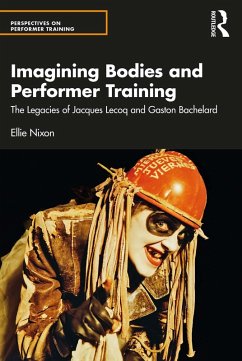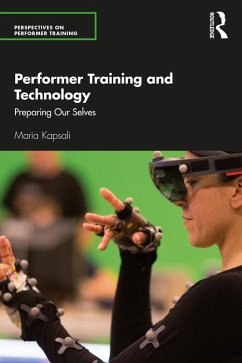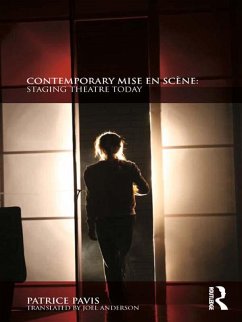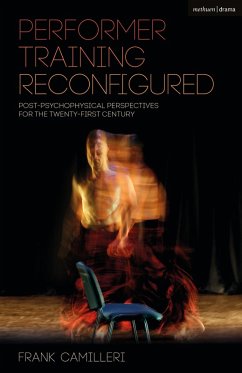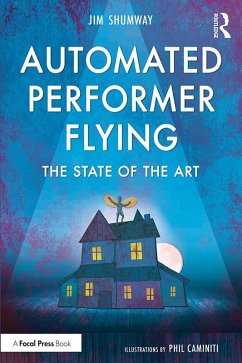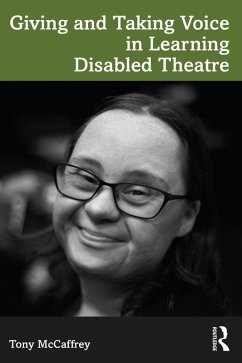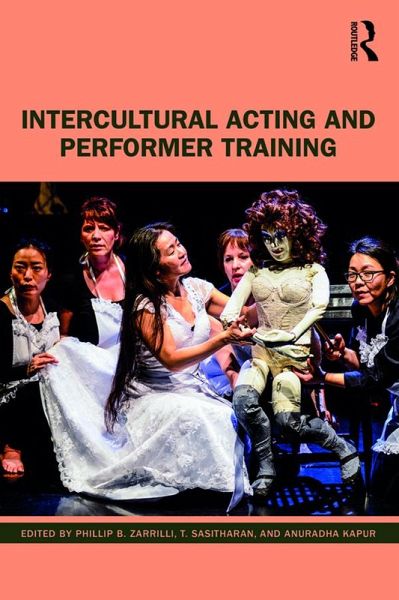
Intercultural Acting and Performer Training (eBook, ePUB)
Versandkostenfrei!
Sofort per Download lieferbar
38,95 €
inkl. MwSt.
Weitere Ausgaben:

PAYBACK Punkte
19 °P sammeln!
Intercultural Acting and Performer Training is the first collection of essays from a diverse, international group of authors and practitioners focusing on intercultural acting and voice practices worldwide. This unique book invites performers and teachers of acting and performance to explore, describe, and interrogate the complexities of intercultural acting and actor/performer training taking place in our twenty-first century, globalized world.As global contexts become multi-, inter- and intra-cultural, assumptions about what acting "is" and what actor/performer training should be continue to...
Intercultural Acting and Performer Training is the first collection of essays from a diverse, international group of authors and practitioners focusing on intercultural acting and voice practices worldwide. This unique book invites performers and teachers of acting and performance to explore, describe, and interrogate the complexities of intercultural acting and actor/performer training taking place in our twenty-first century, globalized world.
As global contexts become multi-, inter- and intra-cultural, assumptions about what acting "is" and what actor/performer training should be continue to be shaped by conventional modes, models, techniques and structures. This book examines how our understanding of interculturalism changes when we shift our focus from the obvious and highly visible aspects of production to the micro-level of training grounds, studios, and rehearsal rooms, where new forms of hybrid performance are emerging.
Ideal for students, scholars and practitioners, Intercultural Acting and Performer Training offers a series of accessible and highly readable essays which reflect on acting and training processes through the lens offered by "new" forms of intercultural thought and practice.
As global contexts become multi-, inter- and intra-cultural, assumptions about what acting "is" and what actor/performer training should be continue to be shaped by conventional modes, models, techniques and structures. This book examines how our understanding of interculturalism changes when we shift our focus from the obvious and highly visible aspects of production to the micro-level of training grounds, studios, and rehearsal rooms, where new forms of hybrid performance are emerging.
Ideal for students, scholars and practitioners, Intercultural Acting and Performer Training offers a series of accessible and highly readable essays which reflect on acting and training processes through the lens offered by "new" forms of intercultural thought and practice.
Dieser Download kann aus rechtlichen Gründen nur mit Rechnungsadresse in A, B, BG, CY, CZ, D, DK, EW, E, FIN, F, GR, HR, H, IRL, I, LT, L, LR, M, NL, PL, P, R, S, SLO, SK ausgeliefert werden.




